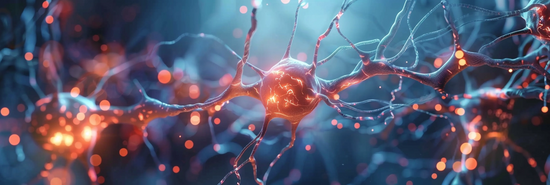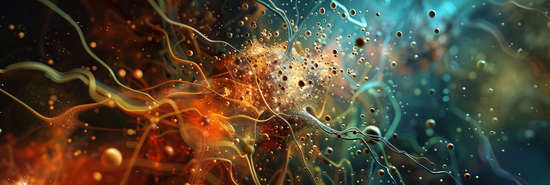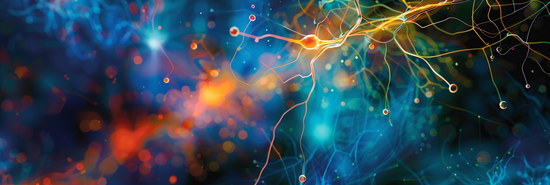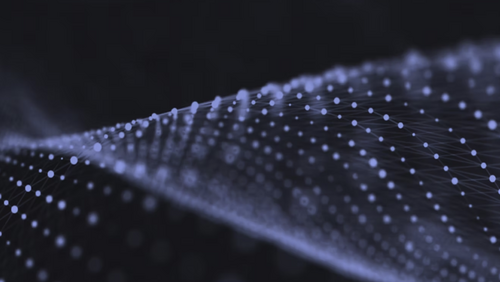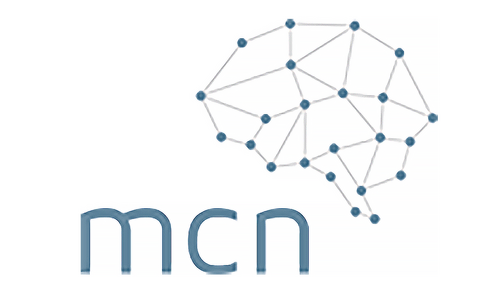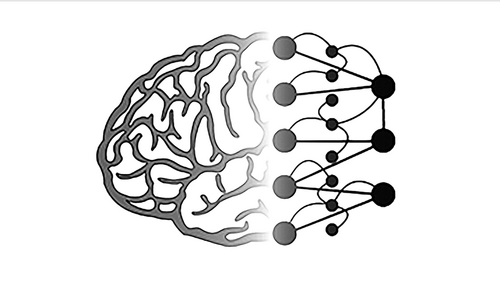Welcome to the Neuroscience Network Basel

Research Networks of the University of Basel
The Neuroscience Network Basel (NNB) promotes the exchange of information between basic research, biomedical and clinical research. It organises interdisciplinary collaborations, promotes the introduction of new treatment concepts and publicises trends in brain research.
Researchers from the Faculties of Science, Medicine and Psychology at the University of Basel as well as scientists from the University Hospital Basel and the Friedrich Miescher Institute are involved in the network. The NNB also works closely with the trinational Neuroscience Upper Rhine Network Neurex.
Woche des Gehirns 2026
Die jährlich stattfindende Woche des Gehirns fördert das Verständnis der Öffentlichkeit für die Hirnforschung.
Sie findet dieses Jahr vom 16. - 20. März 2026 statt.
Lectures
MORE

